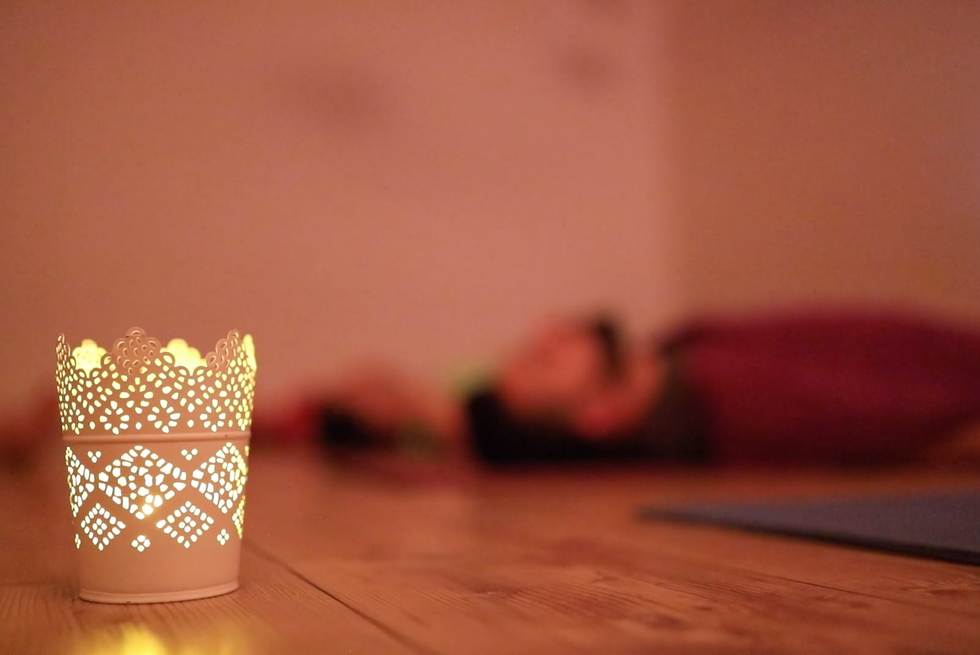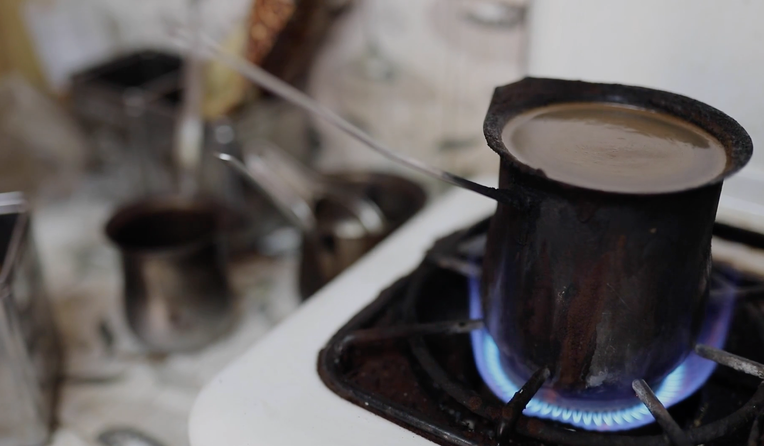Hay Betl7em هاي بيت لحم
From the Series: Ethnocine: Hay Betl7em هاي بيت لحم
From the Series: Ethnocine: Hay Betl7em هاي بيت لحم

This series is a collaboration between the Screening Room and Ethnocine Collective, whose members are Elena Guzman, Emily Hong, Miasarah Lai, Laura Menchaca Ruiz, Mariangela Mihai, and Natalie Nesvaderani. The series was envisioned by Mariangela, organized and produced by Elena and Natalie, and supported by Emily, Miasarah, and Laura.

The most prevalent images of Palestine in the news are those of death and destruction. Indeed, the Israeli occupation has wreaked havoc on the lives and communities of the Palestinian people. Depictions of this devastation are often useful in helping people internationally understand the structural and physical violence that Palestinians face daily. However, when the only images we see of Palestine are of death and destruction, other experiences of Palestinian life get lost, creating a single story. Chimamanda Ngozi Adichie (2009) has said that “[t]he single story creates stereotypes, and the problem with stereotypes is not that they are untrue, but that they are incomplete. They make one story become the only story.” What we lose when death and destruction are the single story of Palestine is the day-to-day joys of living, loving, and existing there—the very reasons for which Palestinians have continued to struggle to remain on their ancestral lands. Hay Betl7em هاي بيت لحم explores the beauty, resilience, and dignity of Palestinian life by focusing on a single town—Bethlehem. We strive to depict Palestine in all its beauty, vitality, and diversity, featuring the people, sights, sounds, and social textures that make Bethlehem home.
To this end, Hay Betl7em هاي بيت لحم releases a new episode every few weeks, highlighting a Bethlehem-based figure, group, place, project, moment, or movement. Each episode is developed alongside the film subjects, who contribute as co-producers, with their approval at every stage of filmmaking. Because making the docuseries free and open to the public is important to us, episodes are disseminated via Hay Betl7em’s Facebook page and will eventually land in a web-based engagement/archive.
The goal of the docuseries is not to feature “charismatic leaders” or “success stories,” but to focus on everyday people who contribute to Bethlehem through their labor, passion, talent, creativity, and personality. We build from the concept that the “ordinary is extraordinary,” that “every story is a love story,” and that “personal stories are emancipatory.” We believe that when we collectivize the stories of everyday people, projects, and activities that make up Palestinian community life, we reveal a type of sumud (steadfastness) that typically flies under the radar of mass media, but that is critical to (re)building life daily in Palestine.
Adichie, Chimamanda Ngozi. 2009. "The Danger of the Single Story." Ted Global.